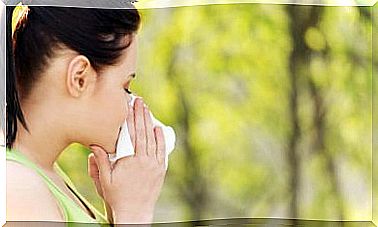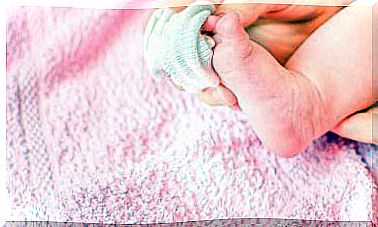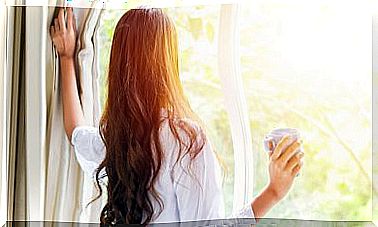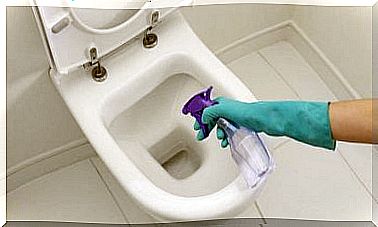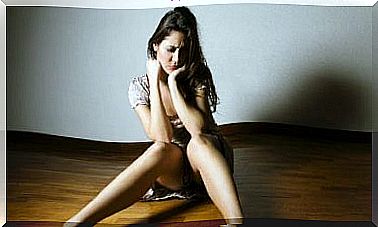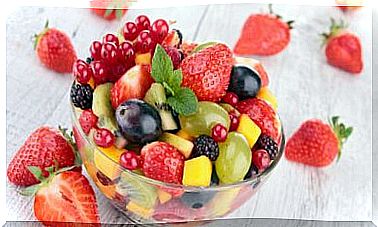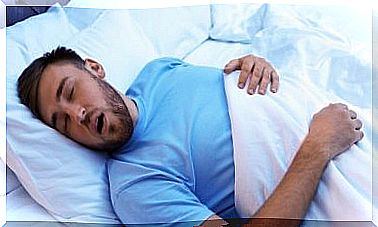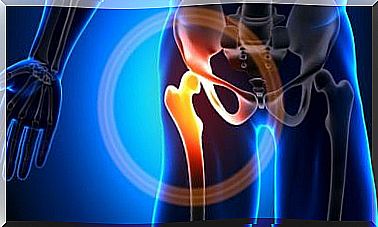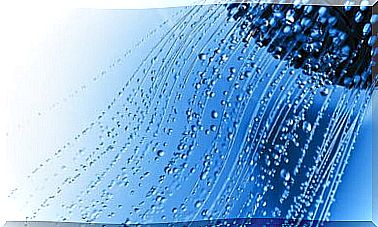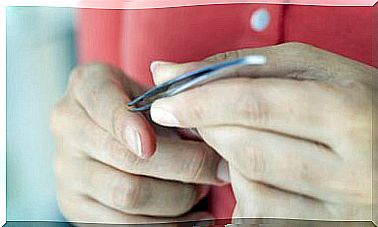Personal Hygiene In Children: Get Used To Them From A Young Age
Here are some basic tips to teach your children to take care of their personal hygiene, habits that will help them to be always clean and healthy.
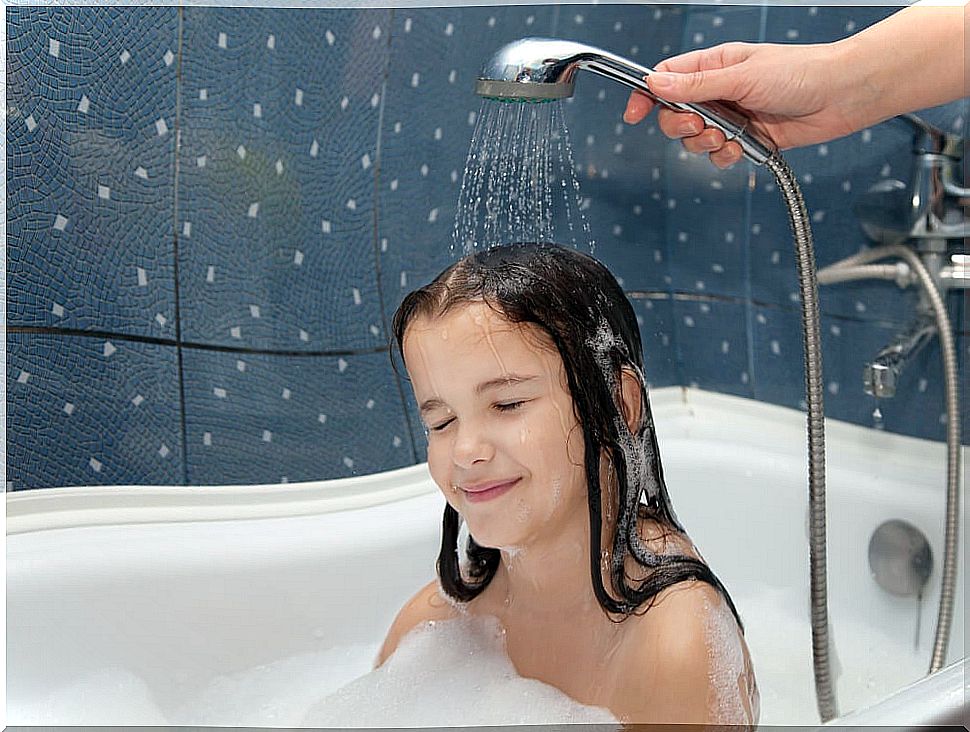
Personal hygiene in children is extremely important because it encourages responsibility and creates routines that will accompany them for the rest of their lives. Good personal hygiene habits in the little ones help prevent diseases and infections and keep their bodies clean and healthy.
When it comes to teaching children, it is important to start early with simple talks and fun practices. Get your child used to being responsible and conscientious from an early age.
Remember that children also learn by the example of the people around them. For this reason, the family plays a fundamental role in the teaching and practice of personal hygiene habits. Teach and reinforce personal hygiene habits.
It is important that your child sees you doing everything you tell him to do. Remember that, as a parent, you are a guide. However, the school also contributes to the teaching of these habits. In this way, family and school come together to educate a responsible child capable of carrying out all his duties.
5 personal hygiene habits in children that you should teach them
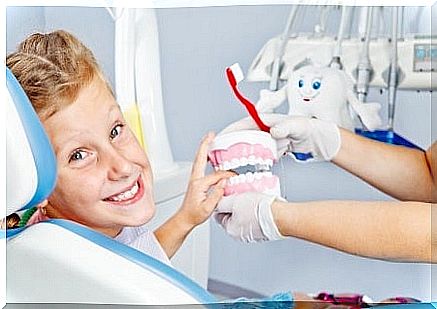
1. Oral hygiene
Oral hygiene is essential for anyone. In children it is doubly important and you should pay close attention to it. In fact, you have to be careful with oral health even before your first tooth grows, as evidenced by this guide for parents published in Acta Pediátrica Española .
Once your child is of a suitable age, supervise that their oral cleaning is correct. Instruct him to brush his teeth after every meal, that just a toothbrush is not enough, as flossing and mouthwash also play an important role.
2. Wash your hands
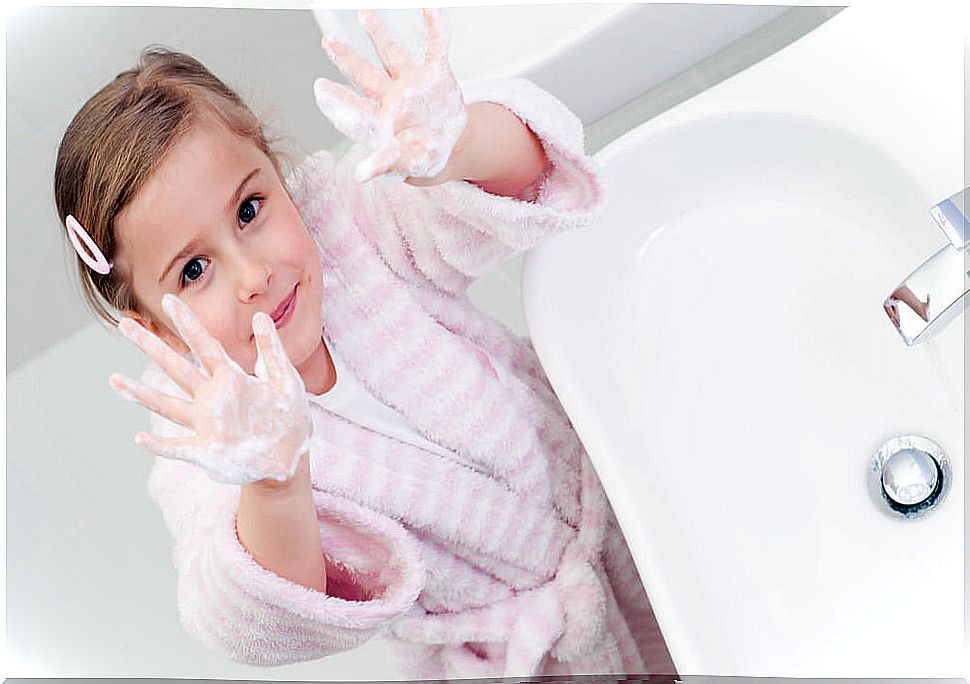
Washing hands is an activity that takes only a few seconds and is essential for the elimination of germs or bacteria that can cause infections and diseases, as shown in this study published in Pediatrics Primary Care .
Children should learn to wash their hands with soap and water, which involves scrubbing them until they foam for about 20 seconds. This must be done on the following occasions:
- Before and after every meal.
- After playing with pets.
- After playing with dirt.
- When you get home.
- After going to the bathroom.
- When sneezing or coughing.
- After being in contact with someone who is sick.
3. Take a shower
The skin is the bigger organ of the body. You have to dedicate more time to it if we talk about personal hygiene in children. It protects the body against a host of external elements, such as bacteria, dust and dirt.
If your child is still young, help him bathe. Once the child can take a bath on his own, teach him the materials to use and the correct way to do it. Afterwards, monitor that he is doing well and tell him how happy it makes you to see him comply with his hygiene habits.
4. Nail care, one of the personal hygiene habits to teach children
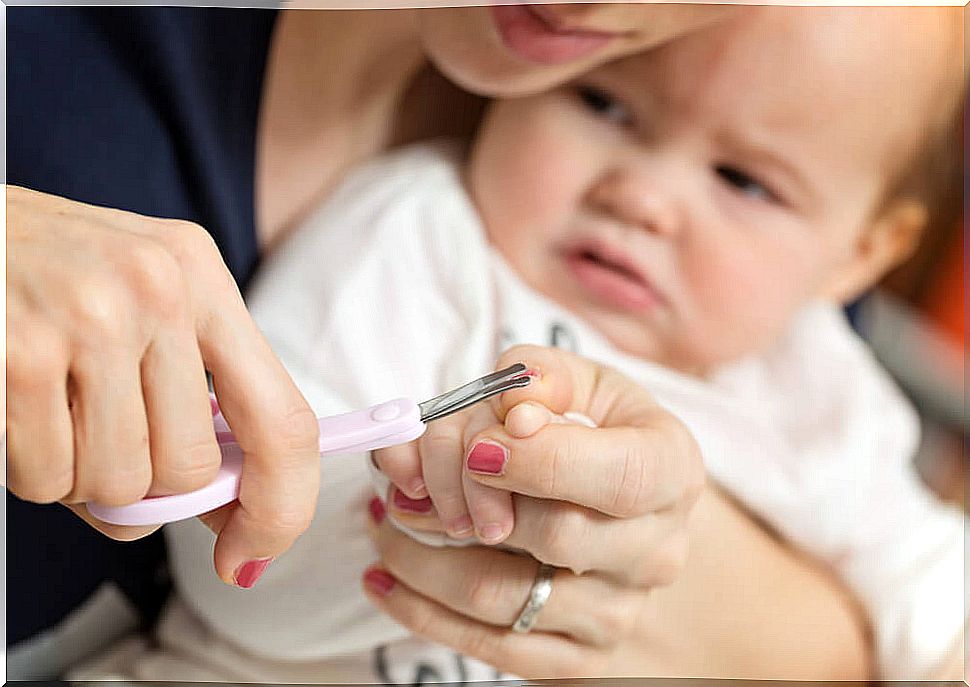
When nails are not given proper care, harmful bacteria lodge inside them. These can cause infections in the throat, eyes, nose and harm the health of the child. If your child is young, it is convenient to trim his nails weekly.
In this way, you reduce the amount of germs that accumulate under them and, therefore, the infections that these can cause. When you feel that your child is capable of doing it alone, show him some basic rules for correct nail trimming that will serve him for a lifetime, such as the following:
- Nails should be trimmed after taking a bath, as they are softer.
- They must be cut straight to avoid ingrown toenails, which cause a lot of pain.
- The rough edges of the nails have to be smoothed out with a nail file.
- Cuticles should not be cut as they protect the root of the nail.
5. Wash your hair
Car smoke, street dust and other factors make hair easy to get dirty. You must teach your child to take special care with his hair. You also need to check your child’s head frequently and make sure it is free of nits or lice.
These are not only unpleasant, but they also affect your day to day. Lice cause headaches and discomfort. In addition, they prevent the child from resting properly, since the itching does not stop even if the little one is sleeping. Have him brush his hair constantly and wash it every two to three days. You should use enough shampoo to remove the dirt that accumulates on the scalp for beautiful and healthy hair.
In short, if you put these personal hygiene tips into practice in children, in a short time you will see how they themselves worry about being healthy and clean.
